Nov 18, 2025
With the holiday season approaching, many of us are preparing for family gatherings, travel, celebrations, and time off. It’s a season of nostalgia, connection, and joy. But for others, the holidays can feel heavy. Pressure, grief, finances, or disrupted routines often amplify emotions. 38% of people report experiencing increased holiday stress, and 64% of people with mental health challenges say the holidays worsen symptoms. If this season feels heavy to you, it doesn’t mean you’re failing — it means you’re human.
The CDC also reports increased anxiety, depression, and fatigue in November and December. Contributors include disrupted routines, finances, less sunlight, poor nutrition, loneliness, and
family tension. It’s important to remember we are body, mind, and spirit. When one struggles, the others feel it. We are created with an incredible capacity to adapt and heal… but not designed to run on empty. So, if you’re not feeling magical holiday cheer—you are not alone.
As we consistently remind you, your nervous system controls sleep, digestion, immunity,
recovery, and emotional regulation. Holiday stress—physical, chemical, or emotional—can
interfere with this system and disrupt hormone balance. Many people don’t realize how closely the nervous system influences emotional health. So, Let’s talk about the hormones and chemicals directly tied to anxiety and depression:
Cortisol: is the body’s primary stress hormone. When elevated, it disrupts sleep, increases irritability, lowers energy, and elevates anxiety. Chiropractic adjustments help lower cortisol.
Serotonin: affects happiness, sleep, and emotional balance. Since many receptors are in the gut and spine, chiropractic can support better signaling.
Dopamine: influences motivation and focus; dysregulation contributes to depression.
Endorphins: increase immediately after adjustments and improve mood.
Norepinephrine: affects alertness and behavior. Too much can lead to anxiety and panic; too little can contribute to depression.
When the brain communicates clearly with the body, chemical signaling improves — leading to
better mood stability, emotional resilience, and improved stress response. Research shows adjustments improve:
• Sleep quality: Calming the nervous system improves rest.
• Immune function: 70% of the immune system is gut-regulated and stress-sensitive.
• Digestive function: Adjustments support vagus nerve regulation and gut motility.
• Blood pressure regulation: Balanced nervous system responses support healthier BP.
• Brain-body communication: Adjustments remove interference and improve clarity.
• Proprioception & balance: Helpful during travel, icy weather, and long sitting periods.
• Mood regulation: Patients often feel calmer, more patient, and more energetic.
Balanced neurology makes every system in the body function better. During a season full of
stress, chiropractic becomes more important — not less.
Chiropractic is one piece of a bigger picture. Other supportive steps include:
• Consistent sleep: Poor sleep increases anxiety/depression risk by 60%.
• Sunlight: 10–15 minutes boosts serotonin and regulates your circadian rhythm.
• Exercise: Movement boosts endorphins and reduces depression similar to medication in mild
cases.
• Boundaries: Protect your energy by saying no when needed.
• Gratitude: Increases dopamine and serotonin.
• Social connection: Loneliness increases mortality risk equal to smoking 15 cigarettes/day. The Bible encourages community for a reason — we were never meant to do life alone.
• Hydration & nutrition: Blood sugar swings heavily impact mood. Holiday routines often shift — but consistency (not perfection) protects mental and physical health.
• Portion control: The average holiday meal adds 2,500–3,000 calories. Eat small, balanced meals beforehand and fill half your plate with protein and veggies and then enjoy your favorites without guilt.
• At-home workouts: Even 10-minute micro-workouts improve mood and metabolism.
• Hydration: Holiday foods and alcohol increase dehydration; mild dehydration mimics anxiety.
• Schedule your adjustments: Adjust before travel to increase adaptability and after travel to
rebalance. Like workouts, consistency matters for progress.
The holidays can be joyful and overwhelming. Caring for your nervous system through chiropractic, movement, sleep, water, and routine helps you stay grounded, present, and emotionally healthy.
I hope this encourages you to honor your mental health this season and stay consistent with the habits that help you feel your best. Have a wonderful, joy-filled holiday season!
- Allison

